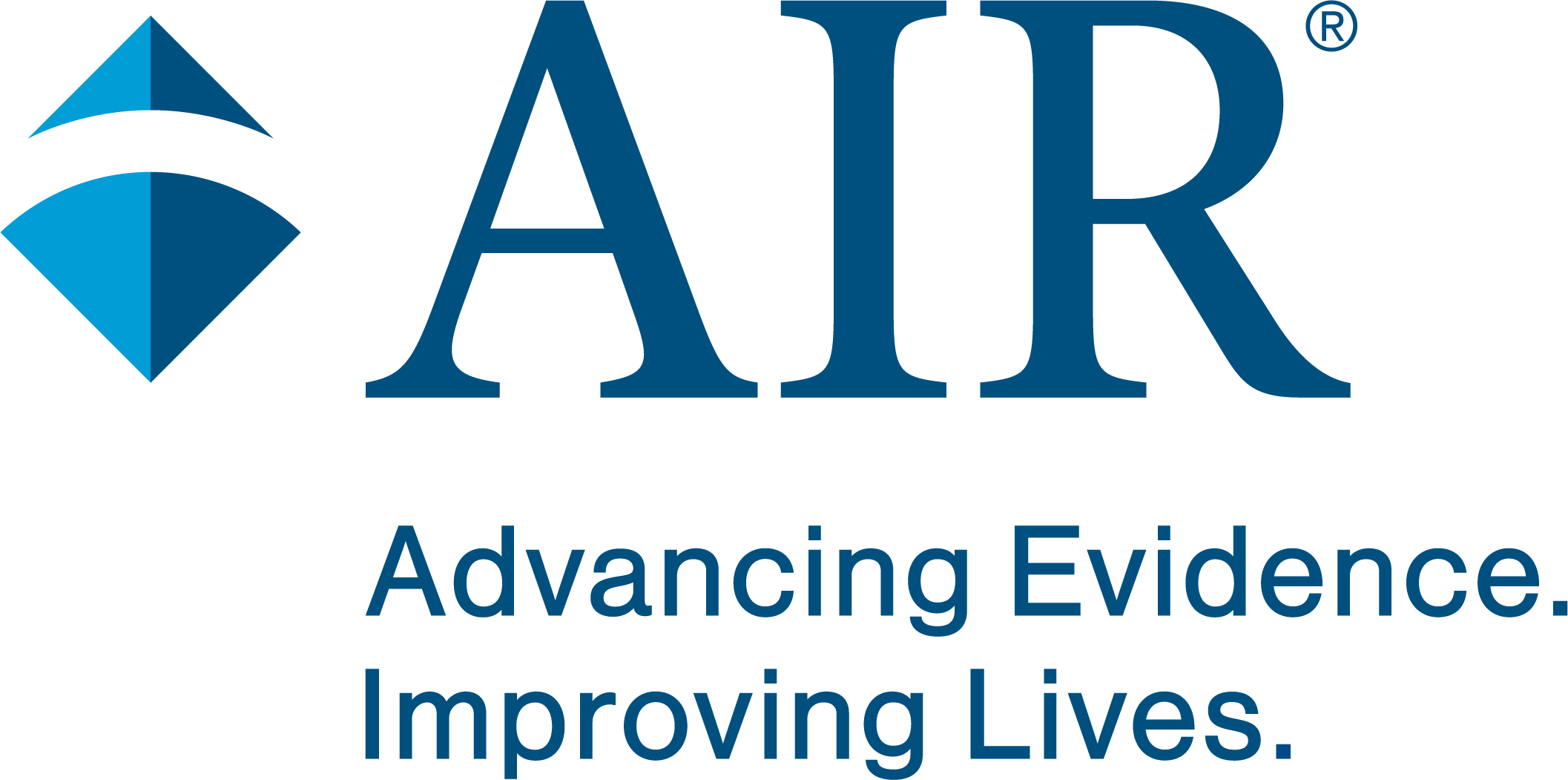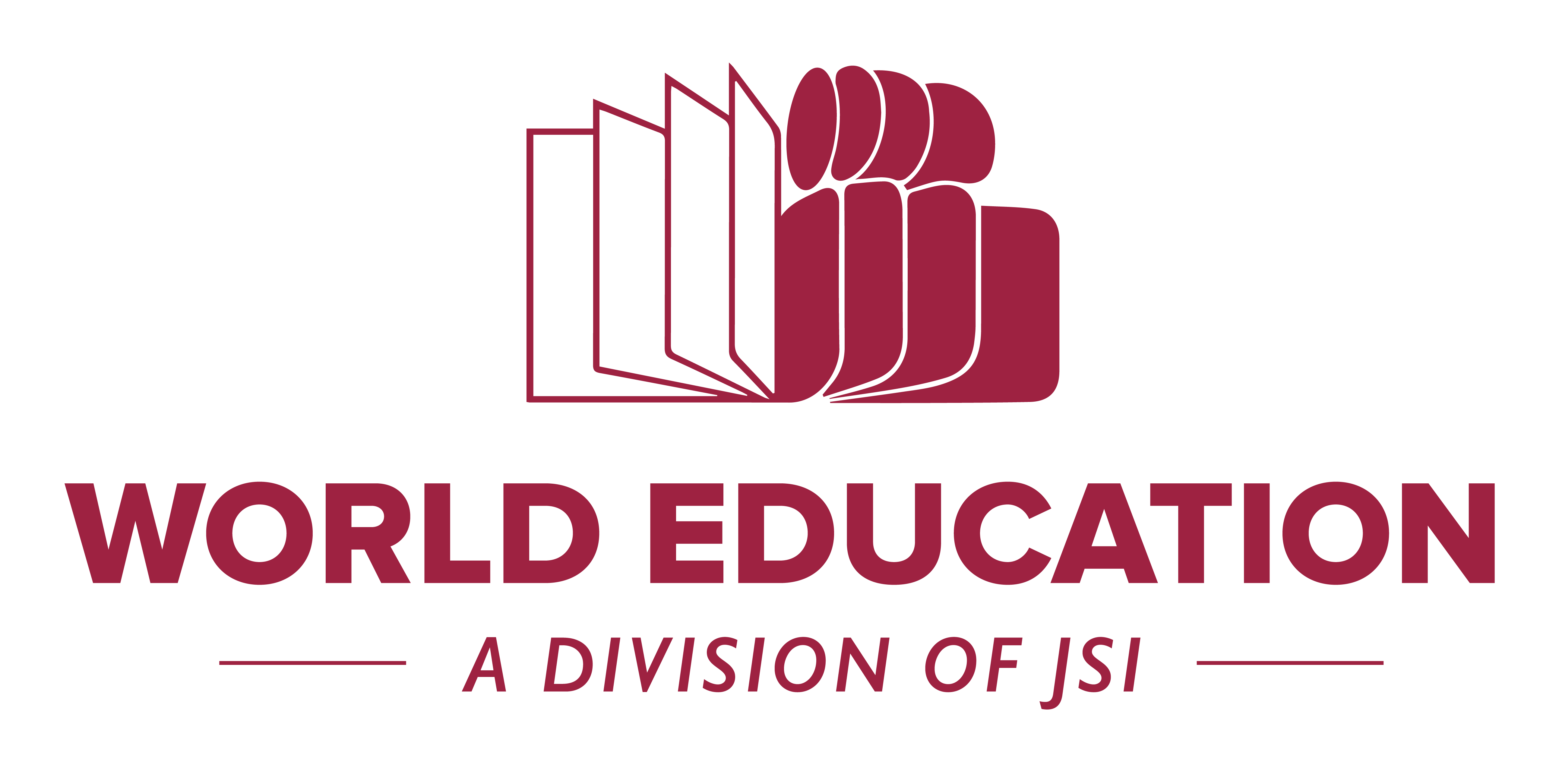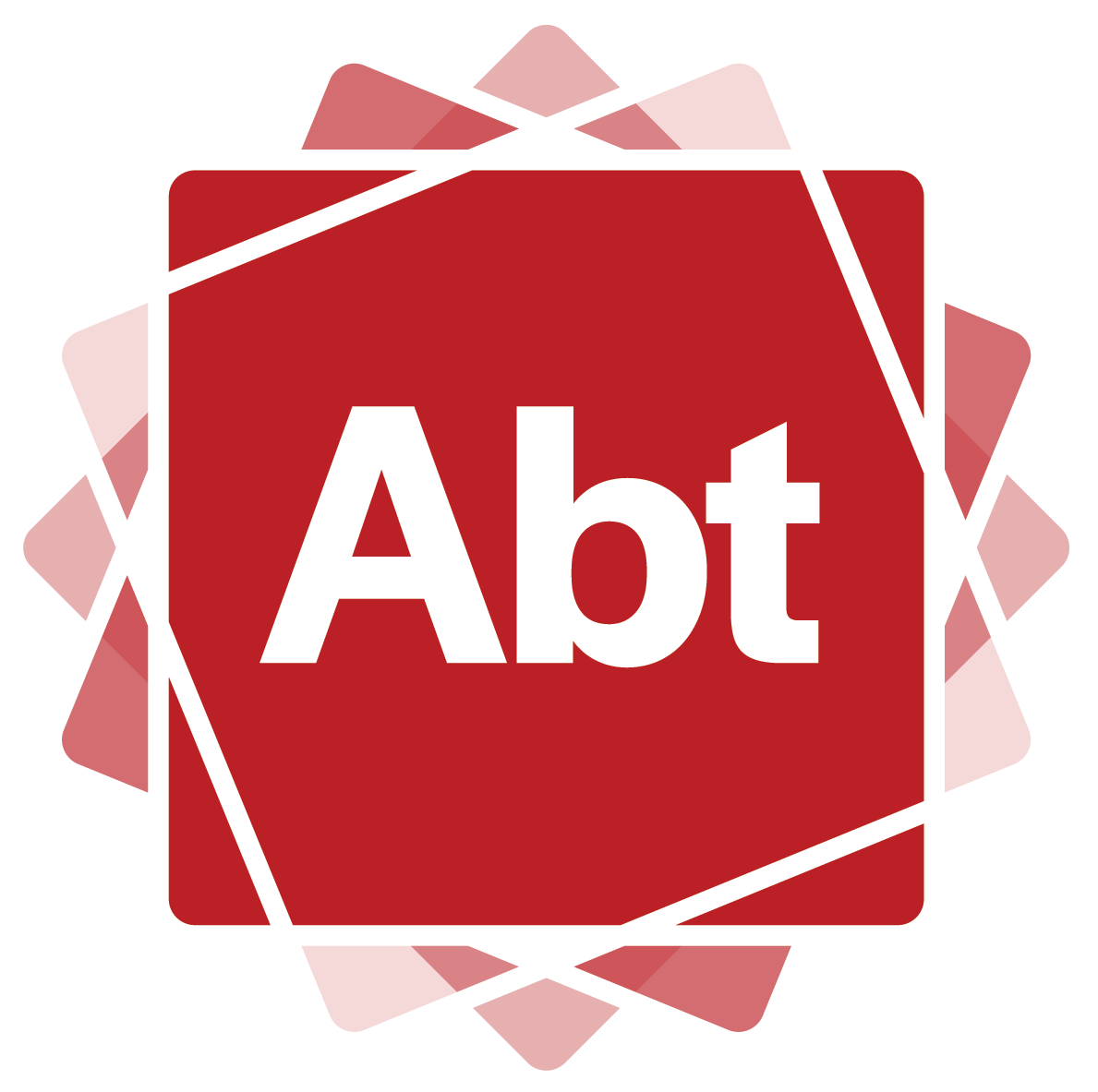Welcome to the CREATE Adult Skills Network!
Posted on
The CREATE Adult Skills Network (the Network) is a resource for all who work to improve adult foundational skills. Network stakeholders include adults who are enhancing their skills and people involved in adult education practice, policy, and research. Our goal is to serve our diverse stakeholders by building knowledge about using technology to support instruction and learning, and then translating research and sharing what we learn.
The need to improve adult skills and educational outcomes is clear. Millions of adults in the U.S. struggle to attain the literacy, numeracy, and English language skills needed to achieve their goals. They may experience significant economic challenges, including barriers to employment and economic mobility, as well as ensuring their children’s education.
Skill-building programming that relies on a traditional classroom approach can only reach a fraction of the adults who need it. Not only are resources for classroom instruction limited, but adults with jobs and families also face practical difficulties in participating in-person instruction at fixed times. Some adults also need more intensive instruction than others.
Digital technologies use online tools and strategies to make learning available to a wider population of learners. They offer flexibility in meeting the learning and participation needs of many adult learners. However, many learners and adult education instructors need support using technology effectively, and there is little research available on effective digital technology practice.
The Network was designed to fill this gap. It is a national initiative to develop and evaluate promising digital technologies for teaching and learning. The Network is funded by the U.S. Department of Education’s Institute of Education Sciences and includes research and leadership teams.
The Network’s research teams focus on a variety of approaches to using technology to improve and measure adult skills development:
- The Adult Numeracy in the Digital Age (ANDA): Adaptive Technology for Quantitative and Digital Literacy research team is developing and testing a personalized learning course to develop numeracy and digital literacy.
- The Adult Skills Assessment Project (ASAP): Actionable Assessments for Adult Learners research team is creating and validating an online assessment system for measuring adult literacy and numeracy skills.
- The AutoTutor for Adult Reading Comprehension (AT-ARC) research team is refining and pilot testing an online reading comprehension program for adult literacy students with low levels of reading proficiency.
- The Content-Integrated Language Instruction for Adults with Technology Support (CILIA-T) is creating and pilot testing a curriculum that integrates teaching the English language into adult education U.S. history/civics courses and include components to improve digital literacy.
- The Teaching Skills That Matter (TSTM) – SkillBlox Instructional Support Pilot research team is scaling up use of a skills-building instructional framework paired with an application that helps teachers organize and evaluate open education resources.
- The Writing in Adult Secondary Education Classes (W-ASE) research team is adapting and testing a technology-supported adult developmental education writing course.
American Institutes for Research (AIR) leads the Network in collaboration with its partners, Abt Associates, Jobs for the Future, and the EdTech Center @ World Education, Inc. As the Network lead, my partners and I will add to the already invaluable work of the research teams in several ways. We will:
- Bring together research teams and a diverse body of stakeholders to help inform, translate, and disseminate network findings in a way that will meet their needs.
- Help build the knowledge base ourselves by producing a practitioner-friendly review of the research on using digital technologies for adult learning.
- Collaborate with research teams and stakeholders to develop research and learning agendas that will help guide next steps for moving the field forward.
Please join us in this effort to meet the needs of all adult learners and those who serve them by exploring this website, share our blog posts, briefs, and resources with your colleagues and engage with us through social media.
It will take our collective efforts to ensure that Network research influences the field. We welcome you!
Stephanie Cronen, Ph.D.
Principal Investigator, CREATE Adult Skills Network
Educator Spotlight for Teacher Appreciation Week: Jill Ashley-Grochowski and Steve Hunt’s Experiences Piloting the CILIA-T Curriculum
Posted on
CILIA-T, or “Content-Integrated Language Instruction for Adults with Technology Support”, is a full intermediate/advanced adult ELL curriculum that integrates U.S. history, civics and government content as well as digital skill-building. The curriculum, which is part of the CREATE Network, is completing its third year of development under a team including adult ELL and technology educators, literacy experts and content scholars. A draft of the CILIA-T curriculum is currently being piloted in four adult education classrooms by experienced teachers in Minnesota. Our team is learning so much about how our materials can benefit learners and support teachers by observing the pilot and consulting with our instructors! As part of Teacher Appreciation Week, we’re spotlighting two of our fabulous pilot instructors, Jill Ashley-Grochowski and Steve Hunt!
Please share a little information about yourself, your background and experience, especially in adult education.
Jill Ashley-Grochowski: "This is my 3rd year teaching Adult ELL. I have been a teacher (mostly K-12) for many years, as well as a building and district administrator. My passions during my career have been equity and access/success in Higher Education. I have enjoyed being a SEED facilitator [Seeking Educational Equity and Diversity, a professional development initiative that facilitates reflection and systemic change within organizations] and an AVID consultant and staff developer [Advancement Via Individual Determination, an educator training program that supports schools in preparing students for college and careers]. I have a BA from Cornell College, and my MA and EdS are from the University of St Thomas. I have 2 grown sons, and I live with my husband and my daughter, and our two cocker spaniels. We foster dogs for Underdog Rescue."
Steve Hunt: “23 years working in adult education. I have worked at numerous sites but now I work at Adult Options in Hopkins. I have some college experience, too, and have taught abroad in several countries in the summer."
From your perspective as an experienced teacher, what STRENGTHS of the CILIA-T curriculum have you observed in your pilot experience thus far?
Jill: “I enjoy being able to teach English through civics. I like the structure of the modules. The technology pieces are woven into the curriculum and that is something I have not experienced in a curriculum before. I like it! My students are interested in the topics, and find them relevant to their lives.”
Steve: “It is a good introduction to American government and civics. Students seem engaged and interested.”
From your perspective as an experienced teacher, what CHALLENGES of the CILIA-T curriculum have you observed in your pilot experience thus far?
Jill: “My students miss listening and dictation activities. Teaching the technology pieces is time consuming. I would like some supplemental texts that are at a higher level, and also more new vocabulary for my Level 6 students. My students are ready for some new information by the second half of the module. I wish we had more time before the end of the year so that I could focus on CILIA-T a couple of days a week.”
Steve: “Attendance is always an issue. Students entering and exiting the program. Some technology issues too and matching curriculum rigor with appropriate student level."
Can you share any examples of how students have responded to certain themes, topics or activities?
Jill: “They liked discussing different forms of government. They really enjoy the collaborative activities; anything with discussion, and anything that they can apply to their own lives and experiences.”
Steve: “Good group discussions and comparisons to native countries are interesting.”
If you were developing such an integrated curriculum, how would you do it?
Jill: “I like how the CILIA- T curriculum was designed. My students don't have homework, so I would structure the modules so that the Google forms, WhatsApp responses, and emails were more evenly dispersed throughout the module, maybe as openers and closers to the lesson. I love to use primary sources. My students also love grammar, so I might add in more of that.”
Steve: “Similar. I may have more online links and design for hybrid classes.”
Do you have any other comments/feedback to share with people following our project?
Jill: “It has been a great experience!”
Thanks, Jill and Steve! CILIA-T will complete its initial classroom pilot in June and the project team is grateful beyond measure for the feedback shared and flexibility shown by our participating teachers and learners. Our next steps include incorporating feedback to streamline CILIA-T materials and provide more targeted support to instructors, followed by another full classroom pilot in winter 2025. We’ll keep you posted with updates on our website!
Contact Erin Cary (cary0011@d.umn.edu) or Aydin Durgunoglu (adurguno@d.umn.edu) to learn more.
Adult Learning and Education in Digital Environments: Learning From Global Efforts to Promote Digital Literacy and Basic Skills of Vulnerable Populations
Posted on
Adult Learning and Education in Digital Environments: Learning From Global Efforts to Promote Digital Literacy and Basic Skills of Vulnerable Populations
Author: Judy A. Alamprese, MA
Journal: Adult Learning, Volume 35, Issue 2
Abstract
The pervasive role of digital technologies in adult learning and education (ALE) was a prominent theme throughout the deliberations of the Seventh International Conference on Adult Education (CONFINTEA VII) held June 15-17, 2022 in Morocco. CONFINTEA VII embodied the worldwide interest in digital technologies through the use of a hybrid format with appointed delegates participating both virtually and on site. To highlight the importance of digitalization and digital skills, CONFINTEA VII not only devoted a plenary session to “Adult Learning and Education in Digital Environments,” but discussions about the role of digitalization and the need to support adults in developing digital skills also permeated other sessions such as “Preparing Adults for the Future of Work.” CONFINTEA VII sessions discussed challenges that vulnerable populations have in accessing digital tools and strategies for providing more equitable access and professional development to address this digital divide. This article describes learnings from CONFINTEA VII and related efforts at the national, regional, and local levels to support adult learners’ use of digital technologies to develop their literacy, numeracy, and occupational skills and the resources that are critical to those efforts. Also discussed is the need for data, research, and monitoring to understand how digital technologies can be effective in adult learning and education and in preparing adults to embrace a culture of lifelong learning.
Note: The Adult Learning Journal is a subscription-based publication. The publisher and author have kindly allowed us to share the full article (attached below). We encourage explore the journal and the organization supporting this work, the American Association for Adult and Continuing Education (AAACE).
EdTech Maker Space Project Design and Facilitation Guide
This guide is designed to provide a start-to-finish overview of the steps you might take to run your own EdTech Maker Space. The EdTech Maker Space is designed to add a layer of engagement around teacher professional development through awareness that the effort put forth by participants will result in meaningful contributions, reusable learning objects, to other educators.
How can I empower learners with choice?
Learn how digital technology can be used to support learner agency as they make choices over how, when and where to learn.
Top Tools for Learning
The Top Tools for Learning List is compiled annually via a survey of learning professionals (and others in related areas) who are invited to nominate their Top 10 (digital) tools for learning. The list is organized by personal learning, workplace learning, and education, and the top tools are also categorized by tool type (e.g., office tools, content development tools, social and collaborative platforms, etc.) Each year, the site offers insights into trends as evidenced by resource submissions.
Making Digital Devices More Accessible
Chances are that you have current students, staff, and others who may join your program in the future with hand motor, visual, or auditory difficulties. For this reason, it is good practice to know how to be inclusive so that program and class materials are readable and program digital devices are navigable. It’s also important to understand how to support students’ use of their own devices. In this webinar, learn about basic settings and instructions for creating equitable access at your program and in your classes.
Creating your EdTech Toolkit
Do you have educational technology fatigue? Do you struggle to decide which webinars to attend, or which tools to learn? During this presentation, learn how to evaluate EdTech tools, and begin to create your EdTech toolkit. Every tool is not designed to be utilized in every class. Watch to figure out how to plan consistent, intentional, and proficient lesson plans. Link to Wakelet: https://wakelet.com/wake/2Ohw7UqRayqLUZOQ0LCUr?utm_medium=Referral&utm_…
Youtube enabled closed captioning
Communication Tools: Teaching, Advising, and Leading from a Distance
The System for Adult Basic Education Support (SABES) offers this webinar to address these questions: What digital tools can help us continue to provide real-time and asynchronous practice and support? And how can we choose ones that are the best to use according to your staff and student needs?
Move Forward with Mobile Learning - Evaluation Webinar
In this webinar, Jen Vanek from World Education highlights key evaluation criteria teachers might consider when choosing a mobile app to support instruction; Tiffany Brand from Dover Adult Learning Center shares her strategies for involving learners in evaluation after use; and EdTech Center Advisor Jeff Goumas from CrowdED Learning leads a discussion on the importance of establishing metrics for evaluating app effectiveness based on your goals.
Youtube enabled closed captioning








